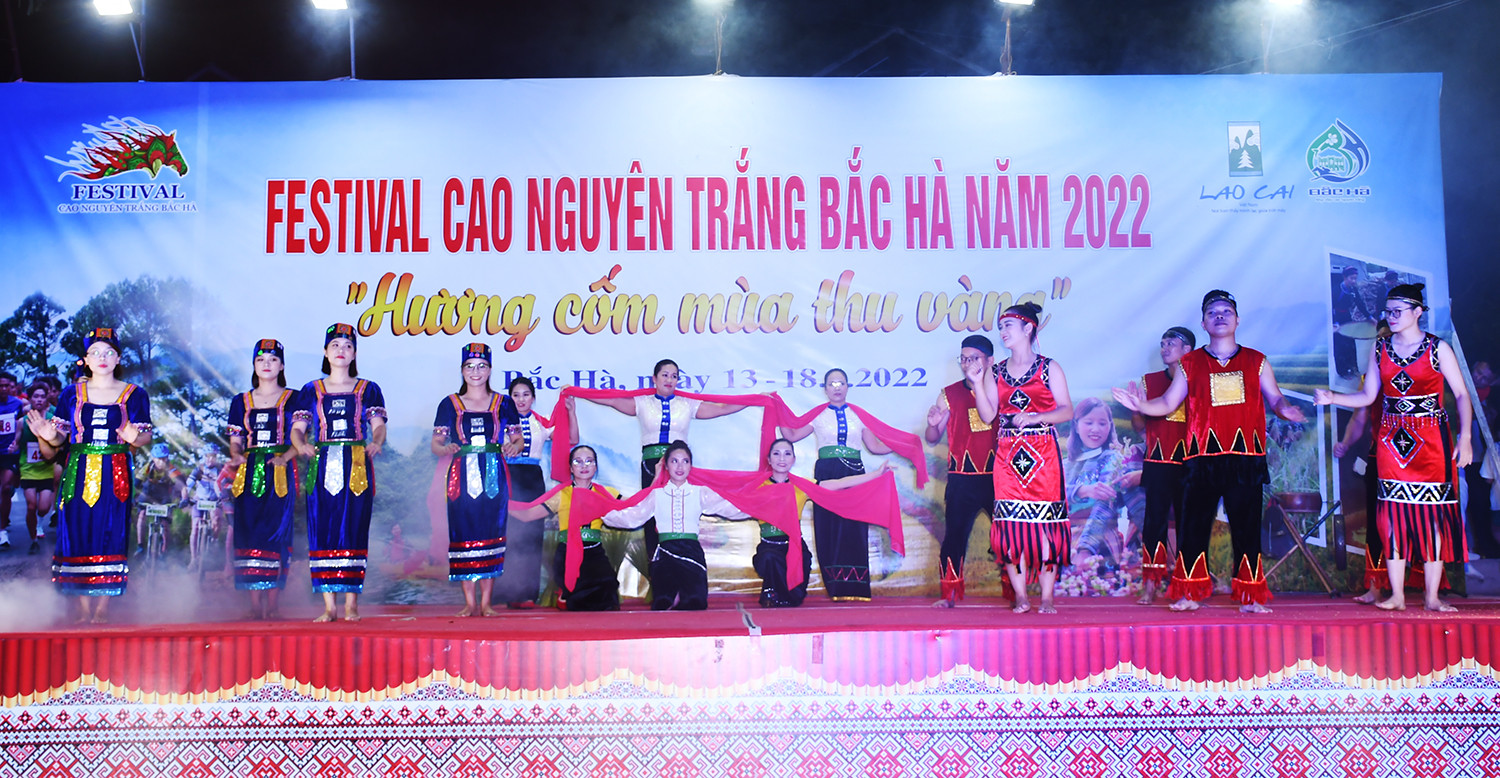Women who are passionate about travel
Women are increasingly bold, confident and assert their position in society. When the "smokeless industry" of Lao Cai is growing more and more, they are like "roses" that begin to emit fragrance, knowing how to seize the opportunities to live a better live.ZiZi homestay has always been crowded with tourists from mid-2022 until now. Although we had an appointment with Giang Thi Di, the owner of ZiZi homestay - an accommodation in Muong Hoa commune (Sa Pa town), we had to wait for more than 1 hour before we could talk to Di. In the house, the luggage of tourists is still scattered, many foreign guests wait for their turn to check in. Di is busy preparing accommodation for guests.
 |
| ZiZi homestay is getting ready for new guests. |
Giang Thi Di - also known by the familiar name ZiZi by tourists, is a Mong ethnic, has never been to class. Di can't write, can't read, not even her name, but in English, she speaks fluently. Like many women in the mountains, at the age of 17, Di went to sell brocade products and roamed the streets of Sa Pa every day.
Selling, meeting and chatting with many tourists, Di realized that she could do tourism herself, starting from the house she was in. In 2014, Di was one of two pioneering households to open a homestay in Hau Thao commune (before the merger). Initially, the accommodation was simple with 2-3 beds, the house was not decorated and beautified. At that time, ZiZi only had a few regular customers.
Di has received and perfected her homestay from the comments of visitors. Di taught herself cooking, decorating, and learning to communicate in English. Di shared: I am illiterate, so my promotion is limited, tourists know about ZiZi homestay mainly through the stories people tell others. While the homestay was on the verge of doing well, the Covid-19 pandemic preaded out, Di still tried to hold on through the difficult days. But unfortunately, in 2020, the neighbor's house burned down, the fire accidentally spread, all of Di's efforts were left with only ashes.
 |
| Giang Thi Di (on the right of the photo) and her sister approach customers through an online booking service |
Looking at the house with so much effort to build that was lost overnight, Di was shocked and saddened, but it was the guests who had come to the homestay who encouraged her mentally and physically and helped her with some money to build a new house. At that time, many nights Di and her husband stayed up all night, working from morning to night to choose each stone for the fence, then wood, then dye the fabric, plant trees, etc. to rebuild what was lost. Di shared: If I go to sell brocade, I will have money and don't need to think too much, but every day going out on the street, with sunny and rainy, it’s tired, some days you can't even sell anything. Opening a homestay, taking advantage of the house you live in, the house is both clean and beautiful, but also supported by the family.
 |
| Sa Pa women are guiding visitors. |
Rising like a phoenix from the ashes visitors themselves have been the "teachers" who teach Di how to do tourism, they gave her theirr suggestions from decoration, cleanliness to cooking, etc. Responding to the expectations of visitors, Di upgraded the services at the homestay, she knew how to chat, share with guests about local culture, take guests on trekking, learn about brocade, dye indigo, paint beeswax and so on. Currently, thanks to the support of relatives, ZiZi homestay has reached customers through online booking service, although there are still many difficulties, but Di has faith that this will be the house chosen by many tourists when coming to Sapa
Leaving Sapa, we arrived at Ban Lien (Bac Ha) on a beautiful sunny day. Welcoming us was Vang Thi Can, a woman with a small, agile body and a bright smile, she and her husband overcame difficulties to build Ban Lien Forest homestay.
 |
| Vang Thi Can always wears the costume of the Tay ethnic group to welcome tourists. |
The homestay of Vang Thi Can's family is located in the middle of a hill, right behind the house is a green cinnamon forest with an area of 5 hectares, in front of it is terraced fields and a garden planted with colorful flowers. This is a house with bold traditional architecture of the Tay ethnic group, is one of the highlights of community tourism in Ban Lien.
In 2019, supported by the Project Strengthening the livelihoods and status of ethnic minorities through the development of community tourism in Bac Ha funded by the Australian Government, Ms. Can as well as the people of Ban Lien began to have access to community-based tourism. Sharing about the opportunity to enter the tourism industry, Ms. Can said: When participating in the project's activities, I am encouraged to register for clean agriculture, providing safe food for tourism. I realized that my house is also spacious and beautiful, and my husband and I have decorated to welcome guests to stay.
 |
| Realizing that their house is spacious and beautiful, Vang Thi Can and her husband have decorated to welcome guests. |
Compared to before, her house on stilts seems to be wearing a new coat, from the landscape, decoration to amenities such as hot and cold water system, internet, etc. A dear house - where three generations of Tay people are living, has now become a homestay to welcome guests and provide community tourism services.
Homestay was completed at the end of 2019, right at the time of the Covid-19 outbreak, your family's plan to welcome guests was not as expected, but not so discouraged. Ms. Can, with her unremitting efforts, taught herself how to take pictures, joined social networks to post introductions about the homestay as well as the life of her family and village, ready to wait for the recovery of tourism. In particular, to attract foreign guests, she and her husband learn more English, receive suggestions from tourists and people around, plant more flowers, add decorative details to be close to nature and match the surrounding scenery.
Up to now, Ban Lien Forest Homestay can simultaneously welcome about 20 overnight guests. In addition, her family also invests in raising white horses, raising fish, growing tea, planting cinnamon and other jobs for economic development.
Giang Thi Di or Vang Thi Can are two of the many brave highland women who dare to think and do to overcome difficulties and assert their position. Recently, Lao Cai province has also come up with many solutions to realize gender equality and promote the advancement of women when participating in tourism activities. Some models such as "Community tourism owned by Ha Nhi women" in Choan Then, Y Ty (Bat Xat); “Community tourism business women association group” owned by women members in Bac Ha, etc, has been put into operation and brought effective results.
 |
|
Women make a significant contribution to the tourism development of Lao Cai. |
With dynamism, creativity and confidence, Lao Cai women have been affirming their role and position in the family and society when mastering tourism activities, making an important contribution to developing tourism into a spearhead economic sector, a breakthrough in the province's socio-economic development.















